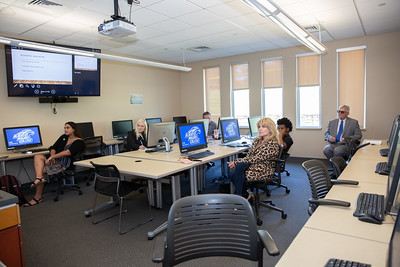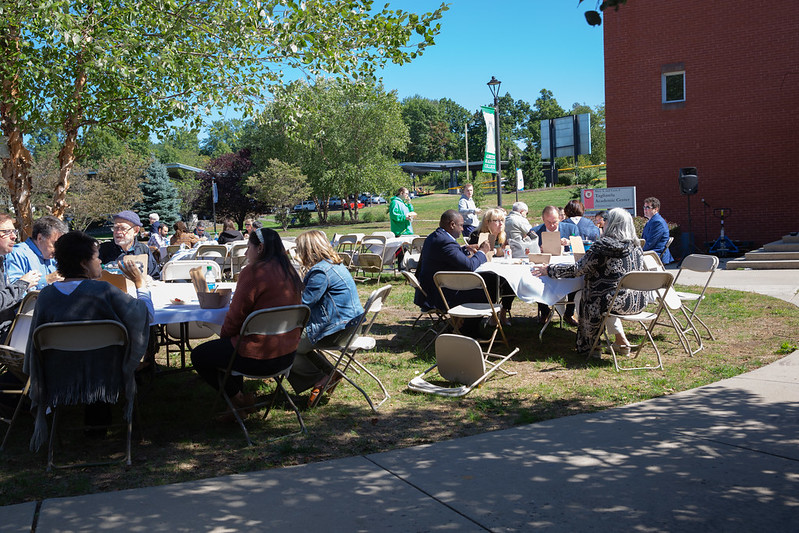Introduction
As a college student, it is important to know the traditions and history of your school. At Albertus Magnus College, one of our most sacred traditions is Founders’ Day. This day celebrates the founding values of the College and is a great way to connect modern-day students to the school’s roots.
The Origin of Founder’s Day

Sister Anne Killbride, Assistant to the President for Dominican Mission, created Founders’ Day because she felt that the connection between the current student body and the College’s founders was becoming increasingly distant. The day is held on the Friday closest to the founding date of September 24th, and celebrates the Four Dominican Pillars of Study, Prayer, Community, and Service.
Embracing a Theme
Founders’ Day begins with a speech from one of the Sisters of the congregation. This year, Sister Anne Killian will speak to the Albertus community. Her words of wisdom will be followed by breakout sessions that allow faculty and students to have deep, meaningful conversations around the theme of the occasion. This year, the theme is , “Piece by Peace,” which encourages discussions about peace-making and nonviolent resolution. As a physical and personal reminder of the importance of the theme, students are able to make “peace” bracelets.

After the breakout sessions, the College hosts an all-campus picnic. This is a great opportunity to meet new people and enjoy some good food in the process. The day ends with the presentation of the Veritas Awards – given to individuals or groups that exemplify the values of the College through their work. The awards are an important way to recognize the founders’ and their values.
Conclusion
Learning about the traditions and history of your school is an important way to keep its mission alive. Founders’ Day is an excellent opportunity to do just that. By engaging in the event’s activities, students can gain a deeper understanding of past traditions and how to make them relative to today’s world.
